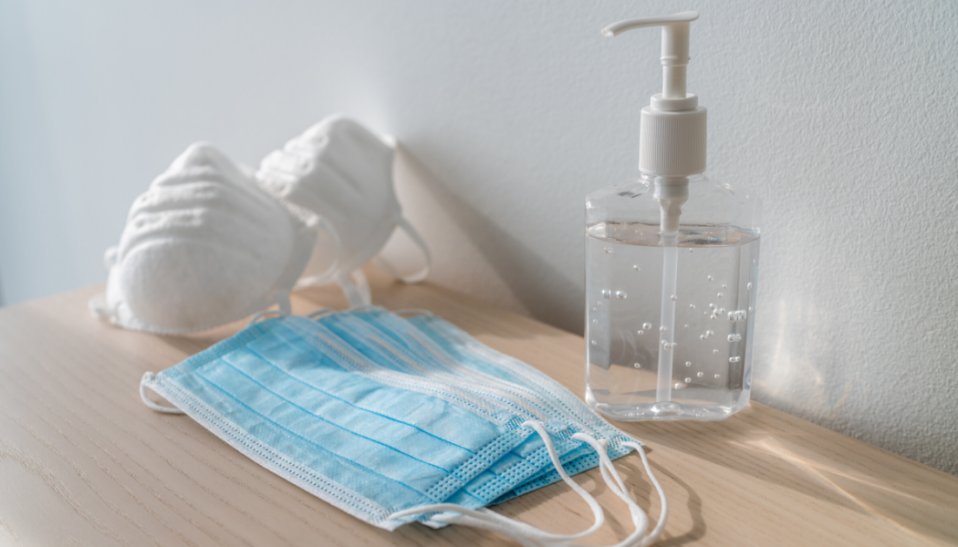Michael Wang, MD., Ph.D., member of AFCR Scientific Advisory Board
The total number of confirmed COVID-19 cases worldwide has surpassed 1.4 million. With varying public health responses across countries, there is still no clear prediction for when the number of cases will peak. This severe situation creates challenges for cancer patients who still need to receive treatment and daily medical care. The following advice from the Asian Fund for Cancer Research (AFCR) may offer guidance for cancer patients dealing with the current crisis:
- Stay at home! If you do need to go out, wear a face mask. Your immune function is weaker than healthy people [1-3]. Don’t take risks that might put you in dangerous conditions!
Special Note: An ounce of prevention is better than a pound of cure—and there is currently no cure for COVID-19.
- Don’t take hydroxychloroquine and chloroquine by yourself at home without getting specific guidance from your oncologist. [4-5].
Special Note: Some cancer patients already have these drugs at home from different channels. However, they should not be taken without the instruction and guidance from your physician. Circulating information that these drugs are sure to kill coronavirus and keep you from being hospitalized is simply false.
- Call your oncologist to ask if you can keep your treatment appointment schedule [6].
Special Note: Delayed surgery, chemotherapy, radiation therapy or screening activities (e.g. mammography for early diagnosis of breast cancer) may lead to disease progressions and result in worse survival outcomes. Try your best to maintain your scheduled appointments or to promptly reschedule your appointments when the epidemic slows its pace.
- If you have a stable cancer, consult with your oncologist to see if you need to postpone your adjuvant chemotherapy or elective surgery.
Special Note: The risk of exposure to coronavirus significantly increases at hospitals where large numbers of COVID-19 patients are being treated [6]. Therefore, an intentional postponing of adjuvant chemotherapy or elective surgery for a stable cancer might be an option considered by your oncologist. This decision will be highly patient- and location-specific, so it is important to have a detailed discussion with your doctor.
REFERENCES
- Kamboj M, Sepkowitz KA. Nosocomial infections in patients with cancer. Lancet Oncol 2009; 10: 589-597.
- Longbottom ER, Torrance HD, Owen HC et al. Features of Postoperative Immune Suppression Are Reversible With Interferon Gamma and Independent of Interleukin-6 Pathways. Ann Surg 2016; 264: 370-377.
- Sica A, Massarotti M. Myeloid suppressor cells in cancer and autoimmunity. J Autoimmun 2017; 85: 117-125.
- FDA letterhead: Request for Emergency Use Authorization For Use of Chloroquine Phosphate or Hydroxychloroquine Sulfate Supplied From the Strategic National Stockpile for Treatment of 2019 Coronavirus Disease (https://www.fda.gov/media/136534/download).
- CNN News: US FDA issues limited emergency use authorization for two drugs usually used to treat malaria (https://www.cnn.com/world/live-news/coronavirus-outbreak-03-30-20-intl-hnk/h_e3d184969ee949b7200a3361b6010bde).
- Francesco Cortiula, Aleksandra Pettke, Michele Bartoletti, Fabio Puglisi, Thomas Helleday. Managing COVID-19 in the oncology clinic and avoiding the distraction effect. Annals of Oncology; 13 March, 2020 (in press)
- Wenhua Liang, Weijie Guan, Ruchong Chen, Wei Wang, Jianfu Li, Ke Xu, Caichen Li, Qing Ai, Weixiang Lu, Hengrui Liang, Shiyue Li, Jianxing He. Cancer patients in SARS-CoV-2 infection: a nationwide analysis in China. Published online at www.thelancet.com/oncology; March 2020; 2020; Vol 21: 335-336.

